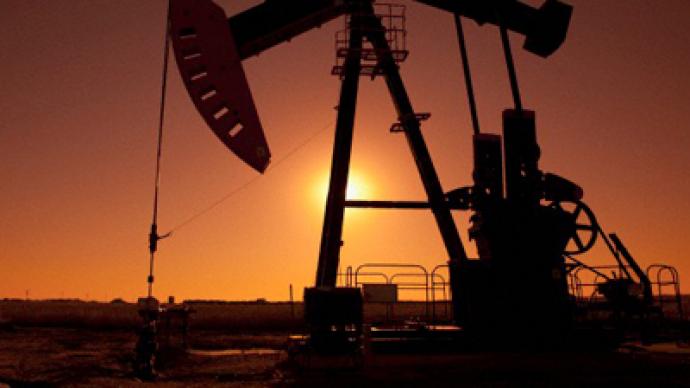Higher oil prices will sap world growth

Importers across the world could spend a record $2trln in 2012 on oil should prices remain at the current highs. This will become an additional burden for recovering world economies.
Oil prices have added an average 15% since January, climbing to $128/bbl during March. It will cost importing nations around 3.4% of their GDP, the International Energy Agency (IEA) calculates. These figures compare with 3.1% of the importersґ GDP spent on oil in 2011. In number terms, the countries spent $1.7bln last year.Such costs will come true provided the oil prices remain where they currently are – at about $125/bbl for Brent Crude and $107/bbl for Light Sweet Crude Oil, said Fatih Birol, Chief Economist of the International Energy Agency. The current oil story is just $20 away from a 2008 scenario, when the price peaked at $147/bbl in July and then fell sharply.EU member states will be hit the most, since the euro has weakened against the dollar to $1.33 from $1.49 in May 2011, making oil imports more expensive. In 2012 the EU will spend $500bln, compared to $470bln last year. The US and China will also suffer, as the States will have to spend a record $426bln this year and the Asian tiger will incur $50bln more than the 2011 figure of $200lbn. A slowing China, the world’s second largest oil consumer, will spread economic shockwaves to the whole world, Birol warned.Japan will be the only developed economy that’ll cut it oil expenses in 2012. The expected oil imports of Japan stands at $119bln, which is significantly below the 2011 number of $178bln.As the situation over Iran – the current main driver for oil prices – remains vague, it becomes an issue to forecast exact oil movements. However, Ole Slot Hansen, head of commodity strategy at Saxo Bank, told Business RT he expected oil to balance within a range of $115/bbl – $130/bbl. So, should the price end up at the upper end of the corridor, the oil will be even more costly than the IEA expects.














